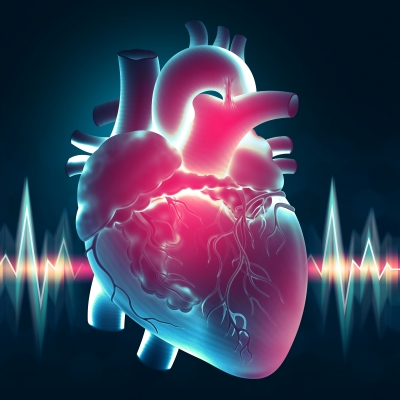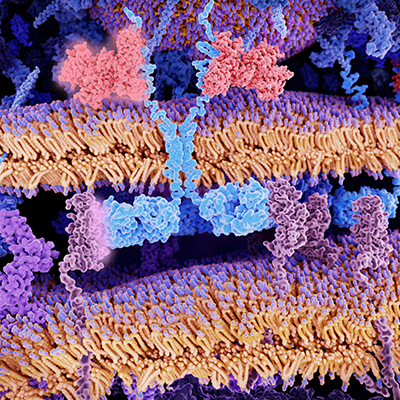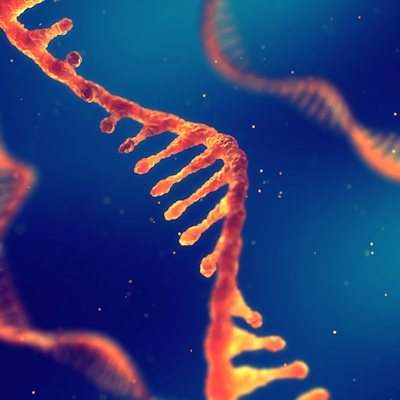August 8, 2022 -- Even the most exhausted T cells can be revived, according to University of Pittsburgh and University of Pittsburgh Medical Center researchers. Previously, it was thought when T cells reached a certain stage of exhaustion they were done, but a study published August 5 in Science Immunology shows that's not the case.
The researchers profiled molecular features of T cells as they progressed from early to terminal exhaustion in a mouse model of melanoma. They found even the most terminally exhausted T cells retain some capacity to be functional again and they pinpointed approaches to overcome exhaustion.
In exhausted T cells with epigenomes damaged beyond repair, large portions of DNA had an open structure, suggesting there should be active gene expression in those areas. However, genes were not turned on in those areas, meaning something else was inhibiting gene expression. In their study, the researchers discovered it was insufficient co-stimulation. When the researchers used an antibody that binds to the co-stimulatory receptor 4-1BB, gene expression increased and enhanced T cell activity.
They also discovered hypoxia was common in the tumor microenvironment and when T cells were reprogrammed to be resistant to hypoxia, they differentiated into a more functional state. Given these findings, drugs that target hypoxia, co-stimulation pathways, or engineering exhaustion-resistant CAR T cells, could improve cancer immunotherapy, according to the researchers.
Copyright © 2022 scienceboard.net











